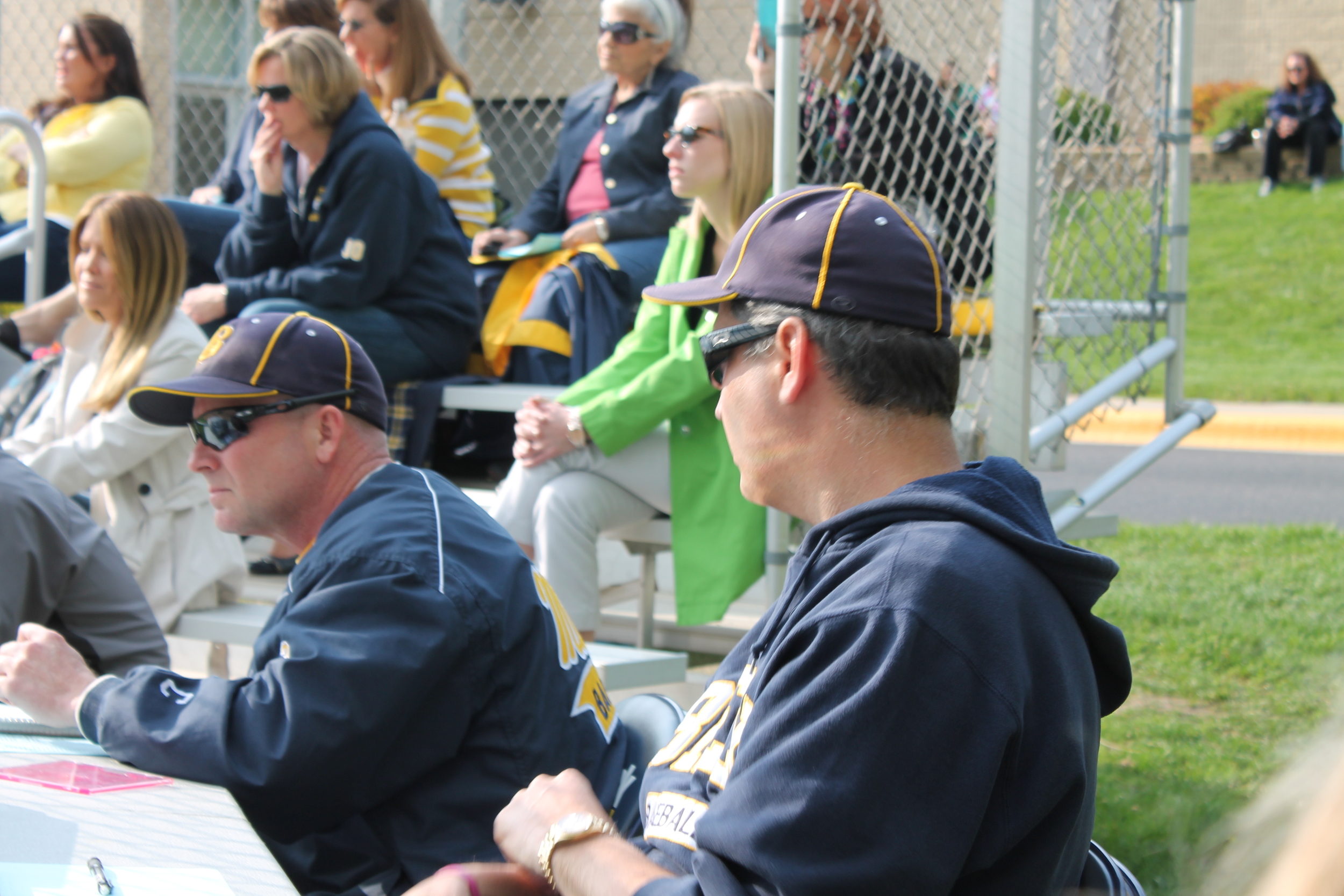 It was like in the movie Father of the Bride when Steve Martin is looking at his daughter across the dinner table and he sees her transform from a 20-something young woman to a little girl in pigtails who can barely see over the table as she tells him in squeaky voice, “I’m getting married.” That’s how I saw my daughter behind the wheel of the car. To this day, I am not certain if my unexpected panic about her driving came from my idea that she wasn’t ready to drive a car, or that I wasn’t ready to have her driving a car. Either way, this particular right of passage, especially with my oldest child, hit me like a ton of bricks. (This transition was hard in different ways with my son.) My daughter’s learning how to drive, and then driving on her own was like being on an airplane, stuck in turbulence, for a long, long time and you wonder if you are EVER going to hit smooth air again, or whether this plane is actually ever going to find its way to solid ground.
It was like in the movie Father of the Bride when Steve Martin is looking at his daughter across the dinner table and he sees her transform from a 20-something young woman to a little girl in pigtails who can barely see over the table as she tells him in squeaky voice, “I’m getting married.” That’s how I saw my daughter behind the wheel of the car. To this day, I am not certain if my unexpected panic about her driving came from my idea that she wasn’t ready to drive a car, or that I wasn’t ready to have her driving a car. Either way, this particular right of passage, especially with my oldest child, hit me like a ton of bricks. (This transition was hard in different ways with my son.) My daughter’s learning how to drive, and then driving on her own was like being on an airplane, stuck in turbulence, for a long, long time and you wonder if you are EVER going to hit smooth air again, or whether this plane is actually ever going to find its way to solid ground.
When my daughter was 15 and passed her driver’s permit test, I thought I would be excited for her and eager to have her practice driving with me. I would be the calm, cool mom, riding shotgun as her daughter cruises around town, both of us grinning from ear to ear, listening to our favorite music. I would be giving her friendly reminders to signal her turns, and to speed up when merging onto the freeway.
Ha!
That was not even close to our reality. All was fine when we practiced in the empty parking lot at a shopping mall during off hours on a Sunday. But when it was time for her to get out on the road...”NOOOOO! STOP!” I couldn’t do it. Why? Because I was petrified that she was going to make a catastrophic driving mistake that would kill us both. And I couldn’t let that happen because I have three other children who need me! When I drive, and she is in the passenger seat, I am in control. But being her passenger was not going to work for me. I was unable to give her that control. Because I was afraid to let go. Or just afraid.
Of course I wanted her to drive. I should have been doing the victory dance that I would soon have another driver in the family. This would eventually make my life easier. But the fear of letting go combined with the fear for her safety (and mine) was a huge mental and physical roadblock for me.
Looking back at my own 16-year-old track record didn’t do much to boost my confidence in my 16-year-old new driver. As I recall (and my parents can confirm, although they would probably rather forget), I was involved in three accidents during my first year of driving. Two of which involved inanimate objects that simply neglected to get out of the way when my car got too close to them. Needless to say, I am probably not the best equipped to coach an inexperienced driver, given my disturbing memories of being behind the wheel at 16. I gladly turned the driving coach job over to my husband.
My daughter learned to drive. She got her license. I let go. But I continued and continue to cling onto what dupes me into thinking I have some control—my worry.
The first day of her driving independently was a milestone for both of us. As she put the car in reverse and turned to look out of the rear window while backing out of the driveway, undoubtedly bursting with excitement about her newfound freedom, I felt that my heart would burst out of my chest. I am not sure that this feeling stopped until I heard her pull into the driveway several hours later. Whether you are a g-d-fearing person or not, these are often the times when you make all sorts of promises to your higher power about how you will never question her again as long as she keeps your daughter safe on the road, ensures that all impaired drivers do not cross her path, and that she does not succumb to ANY distractions while driving.
Even after years of her driving, I still said a prayer every morning when my daughter got into the car with my three other children and drove them to school. “Precious cargo!!” I would yell as she tore out of the driveway, no longer quite as attentive to turning all the way around when she backed up, blaring her music way too loudly from her ipod, and leaving the house usually five minutes past the agreed upon departure time.
It is scary to let go. Really scary—but it is a critical part of our job description (written in very fine print). What I realize now, three years after my daughter joined the world of licensed drivers, is that the terror I felt in allowing her to drive a car was a necessary warm-up for all sorts of letting go that we parents must do with our teens. Each milestone is both necessary and exciting, and yet is often met with fear and uncertainty, especially on the part of the parent. And it may get a little easier with each kid, but the thought of my younger two driving makes my heart start racing immediately!
For the record, I have to admit that I am truly relieved that my daughter does not presently have a car at college. Just one less thing to add to the never-ending heap of motherhood worries that so many of us share.
I would love to hear about your experiences with your new driver or how you feel about the idea of your child driving a car some day. It's a biggie!











